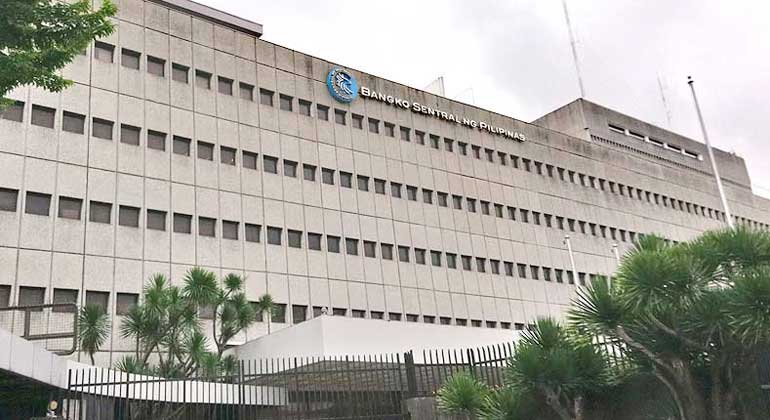Liquidity growth slows in February amid outbreak

MONEY SUPPLY growth in February slowed, with markets already factoring in the possible impact of the coronavirus disease 2019 (COVID-19) on the economy.
Domestic liquidity or M3, the broadest measure of money supply in an economy, grew by 10.9% year on year, slower than the upward-revised 12% seen in January, according to preliminary data from the Bangko Sentral ng Pilipinas (BSP).
Month on month, M3 slipped by 0.3%.
“Demand for credit remained the principal driver of money supply growth,” the BSP said in a statement on Monday.
Net claims on the central government grew by 18.4% in February, easing from the downward-revised 31.8% expansion in January, which the BSP said was due in part to the increase in deposits by the government with the central bank.
Domestic claims, which were mainly fueled by credit to the private sector, likewise saw slower growth of 10.3% coming from the 11.7% seen the previous month.
The BSP identified sectors such as real estate activities; financial and insurance activities; electricity, gas, steam and air conditioning supply; information and communication; and construction as main drivers of loans for production activities.
“Loans for household consumption remained robust due mainly to faster growth in motor vehicle loans during the month,” the central bank said.
Meanwhile, net foreign assets (NFA) in peso terms inched up by 9.6% year on year in February, easing from the 8.7% growth in January. The BSP said higher dollar reserves boosted the NFA position.
“Going forward, the BSP will remain vigilant in monitoring domestic liquidity and credit dynamics amid significant disruptions to economic activity. The BSP reassures the public of its commitment and readiness to deploy its full range of instruments to ensure that liquidity and credit remain adequate amid the ongoing health crisis,” the central bank said.
UnionBank of the Philippines, Inc. Chief Economist Ruben Carlo O. Asuncion said M3 growth slowed in February likely due increasing worries about the COVID-19 outbreak, which was then already starting to escalate in some countries.
“M3 growth in February may have started to take a cue from the “once-in-a-lifetime” COVID-19 crisis. The market may have started to anticipate what could happen if the COVID-19 outbreak in China further escalates and reaches local shores,” Mr. Asuncion said in an e-mailed response.
Meanwhile, Rizal Commercial Banking Corp. Chief Economist Michael L. Ricafort said the slower February pace came after the government’s issuance of retail Treasury bonds (RTB).
“The slower domestic liquidity growth as of February may primarily reflect the reduction of peso funds in the financial system after record RTB issuance by the government that effectively siphoned off a record P310.8 billion from the financial market,” Mr. Ricafort said in an e-mail. — LWTN



